As finals week rounds the corner, students find themselves struggling to study for their upcoming exams. Many are overloaded with assignments leading up to review week, resulting in an overwhelming amount of stress.
“There’s always a large number of homework assignments in the weeks before finals. Most classes are wrapping up, and there are projects to finish. This year I have two unit exams during review week,” said Cole Gunning, a sophomore at Carlmont.
Carlmont biology and AVID (Advancement Via Individual Determination) teacher Camille Erskine believes it is imperative for students to begin their studies now, and to use study strategies.
According to Thinker Academy, there are five study methods proven to help students study more effectively: elaborative interrogation, self-explanation, practice testing, distributed practice, and interleaved practice.
Elaborative interrogation may sound complicated, but it is quite simple: answering why a fact is true. Asking “why-why-why” is the key to understanding a topic.
“You don’t know it unless you can talk about it. So if you say you know something, but you can’t explain it or put it into words, then you haven’t actually learned it,” Erskine said.
Another critical strategy is self-explanation; to remember and understand a topic, you need to explain what it means to you.
“There’s so much to know, you spend a whole semester studying different topics, and it can be hard to understand everything,” said Tomika Fronk, who teaches algebra II/trig and pre-calculus at Carlmont.
According to Patricia Braunstein, who teaches world studies and AP European History at Carlmont, practice testing is one of the best ways to learn history.
“It’s important to look back on all of the things you’ve learned and make sure you know and understand the context of what’s going on in that specific historical time period. The tests won’t just ask for specific facts; they’ll expect you to use your knowledge to answer a question,” Braunstein said.
Braunstein also advocates for Cornell Note Taking, a style of notes that is split down the side with questions and answers. Cornell notes can be great for practice testing on materials you have previously learned.
Along with the previous study strategies, distributing practice is essential to preparing for finals. Distributing practice means spreading out a load of studying over multiple sessions, instead of one long sit-down.
“Time management is huge; using your planner and writing down what you have to do is essential. Taking advantage of flex, and making sure that you’re using it to your best study-advantage before finals are important things you can do,” Erskine said.
The last piece to the studying-puzzle is interleaved practice, which consists of mixing different topics you’re learning to understand it all.
“In history, you can’t study anything specific, you have to look at the broader ideas and connect them all,” Braunstein said.
Connecting different ideas can be crucial to preparing for the upcoming exams because each test covers all of the material taught during the first semester.
As students begin their studies, it’s important to eat balanced meals, and achieve an adequate amount of sleep.
“If you’re tired, and functioning at about 20%, then it’s better to sleep, and wake up an hour earlier to get study time in,” Braunstein said.
Braunstein’s theory is backed by Erskine, pointing out that to store information in your long-term memory, you need to get the right amount of sleep.
“Be aware, know what your final is, and ask questions if you’re not clear,” Braunstein said.

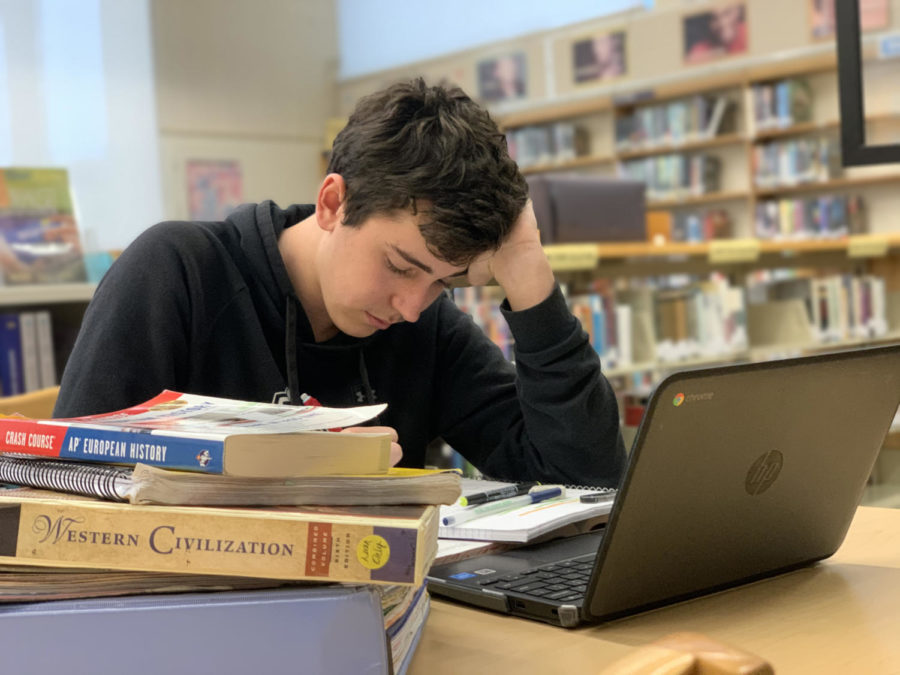
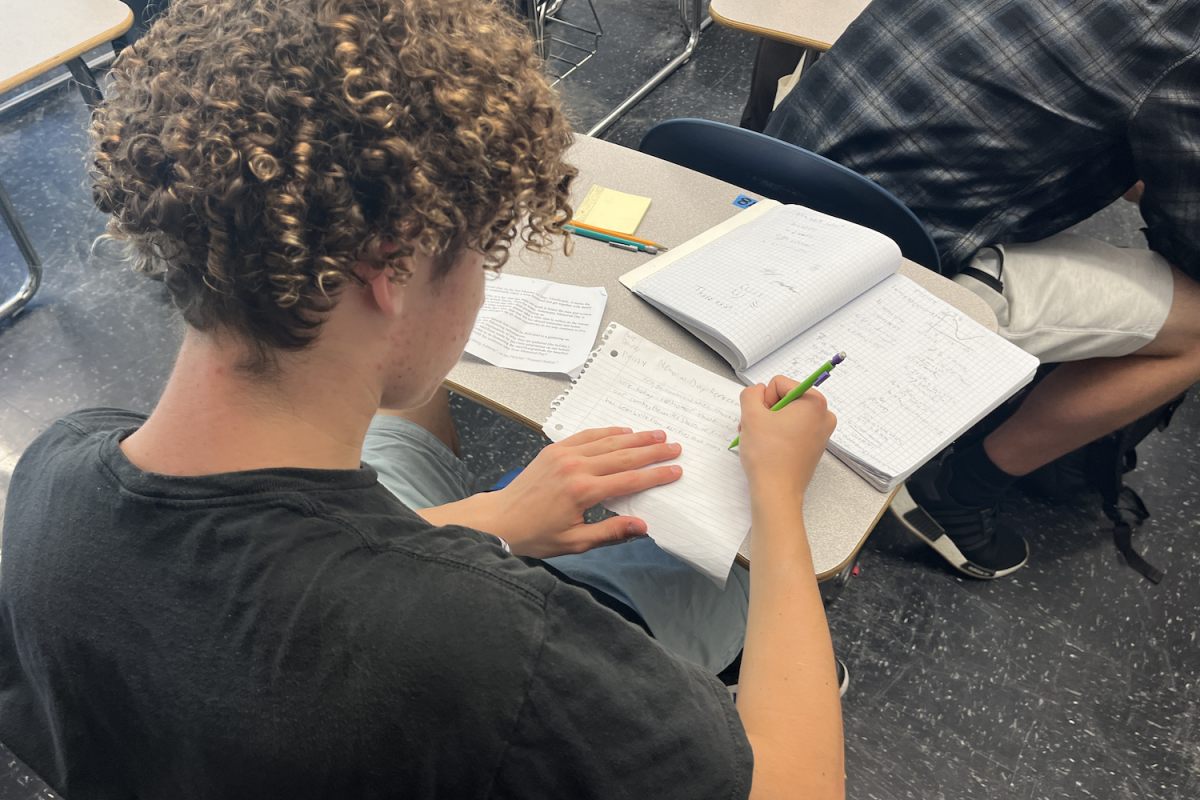
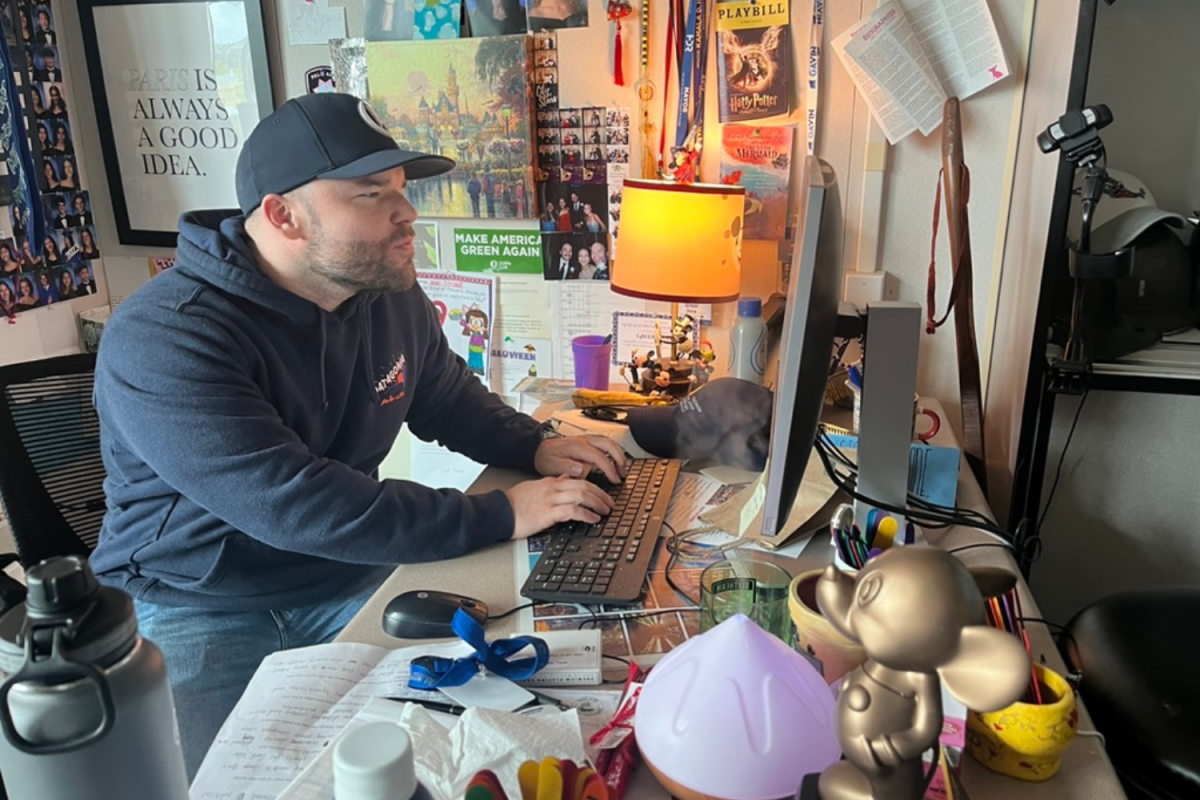

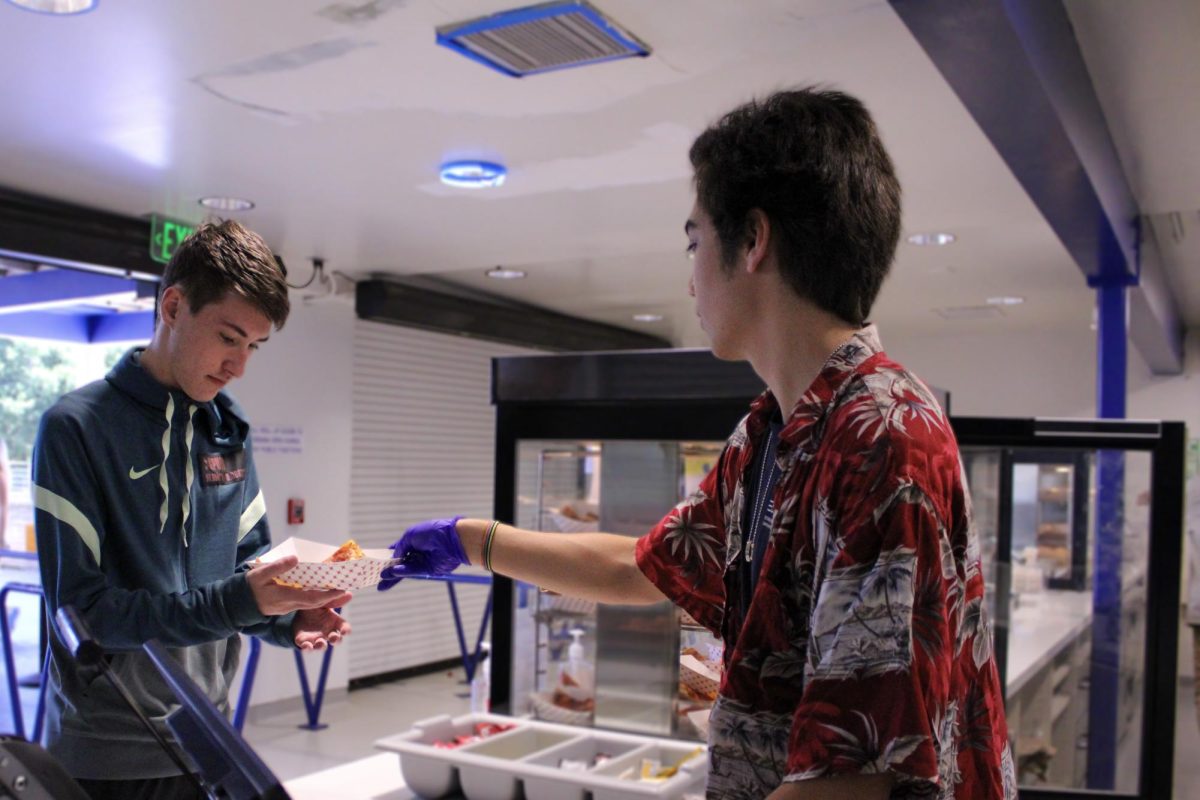
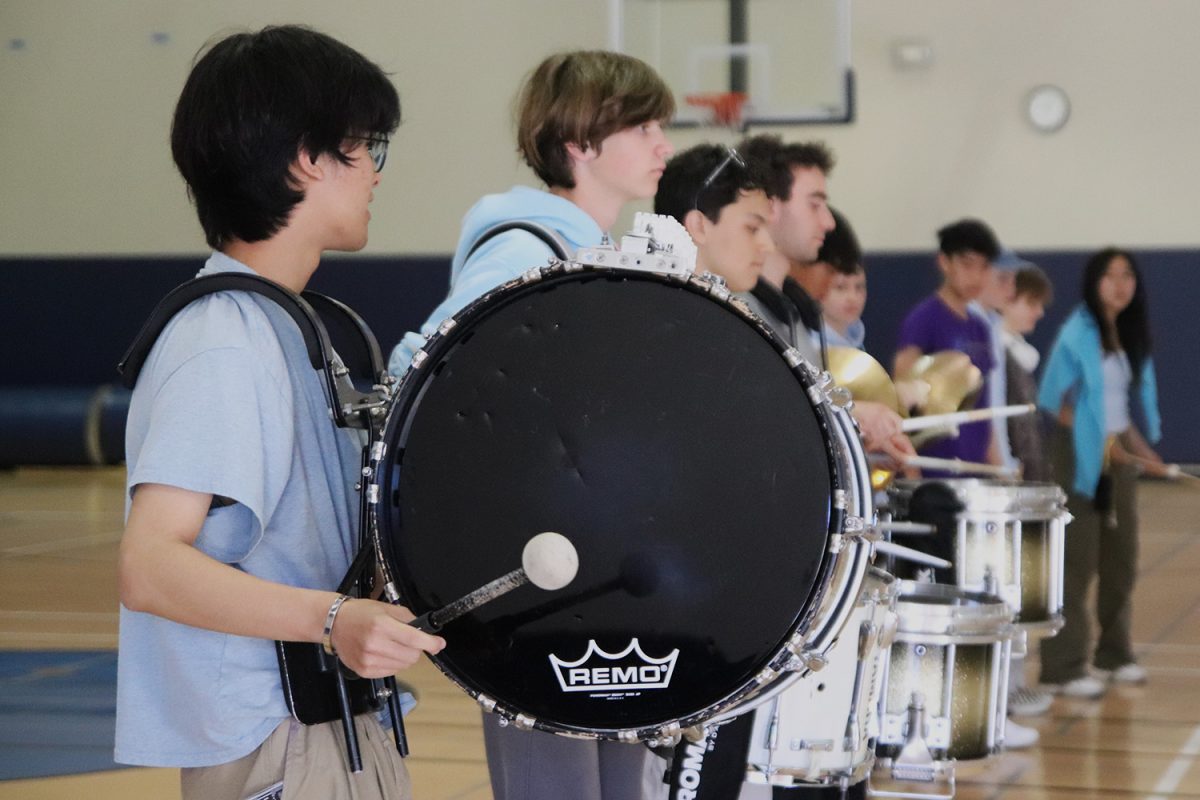
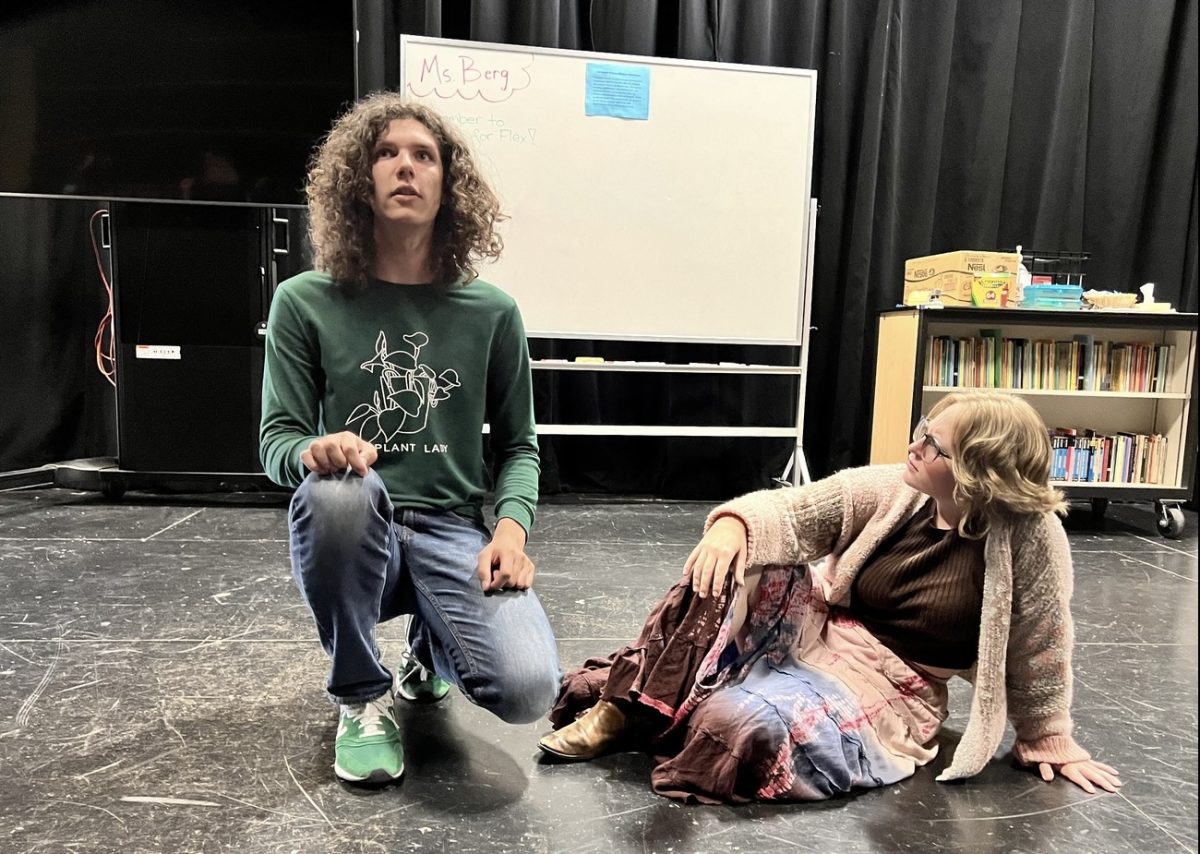
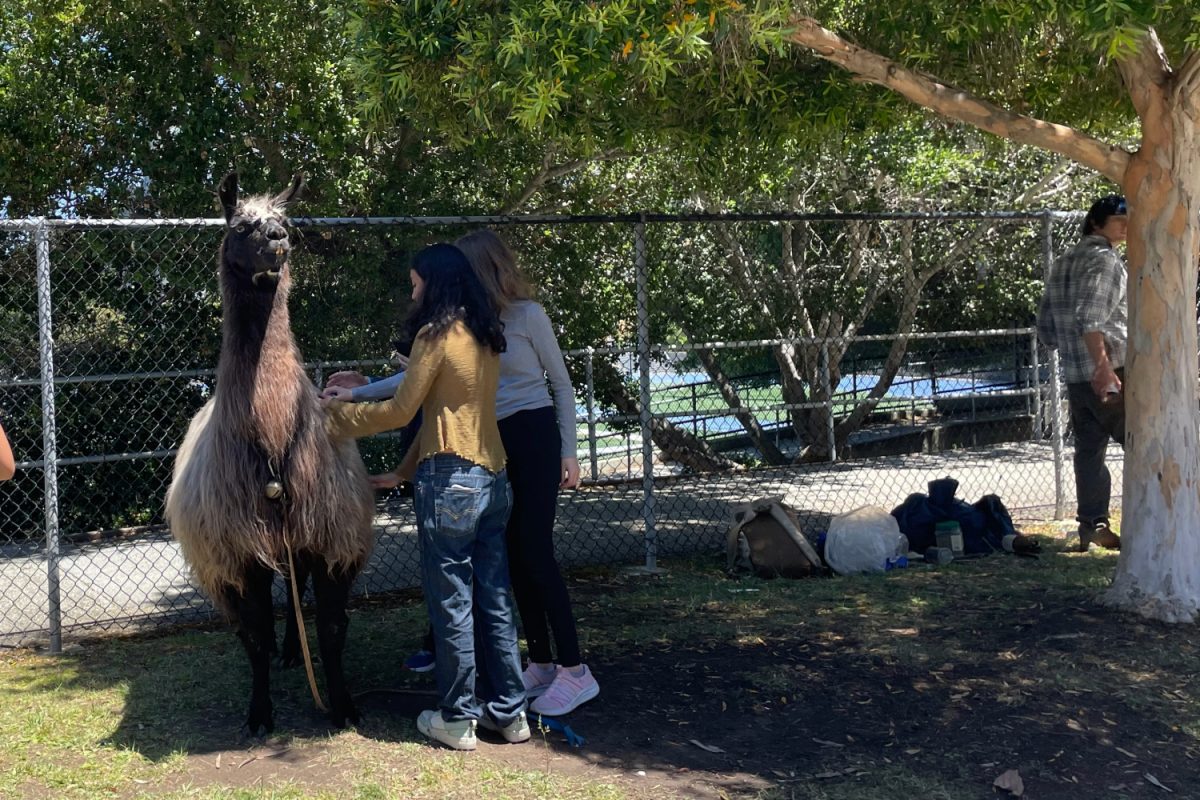
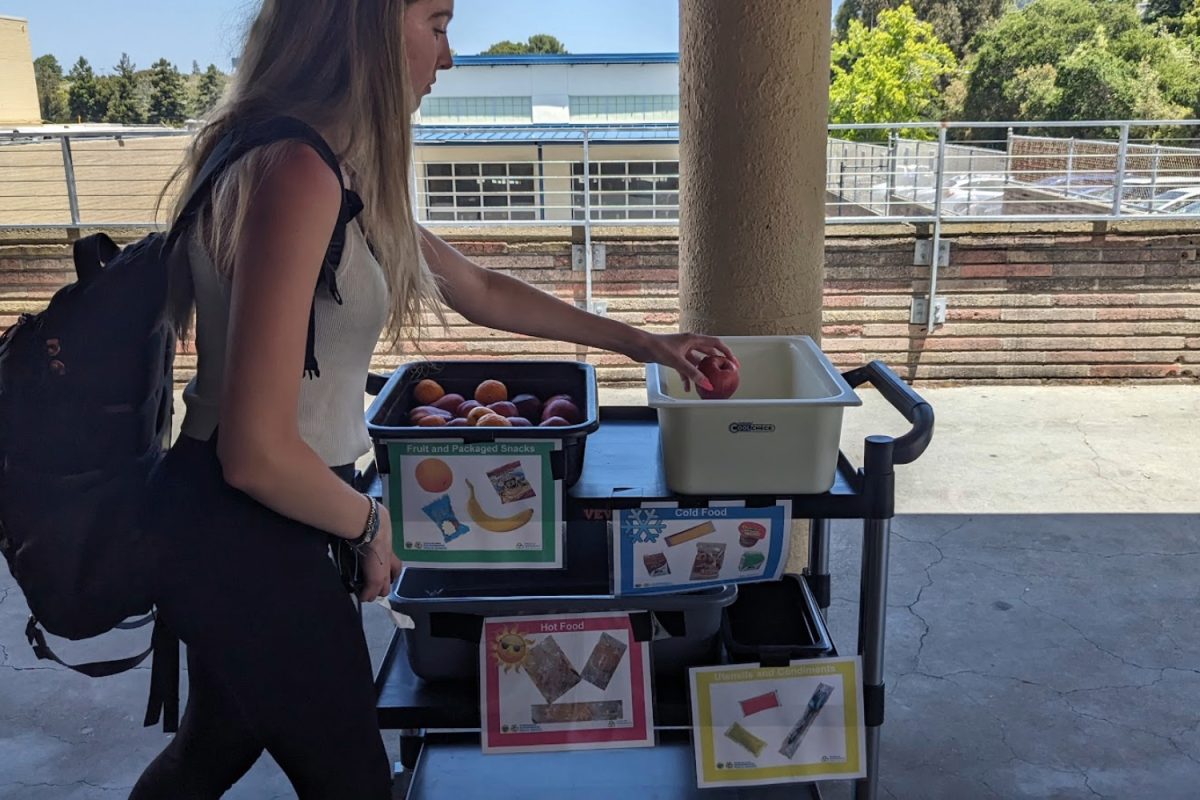

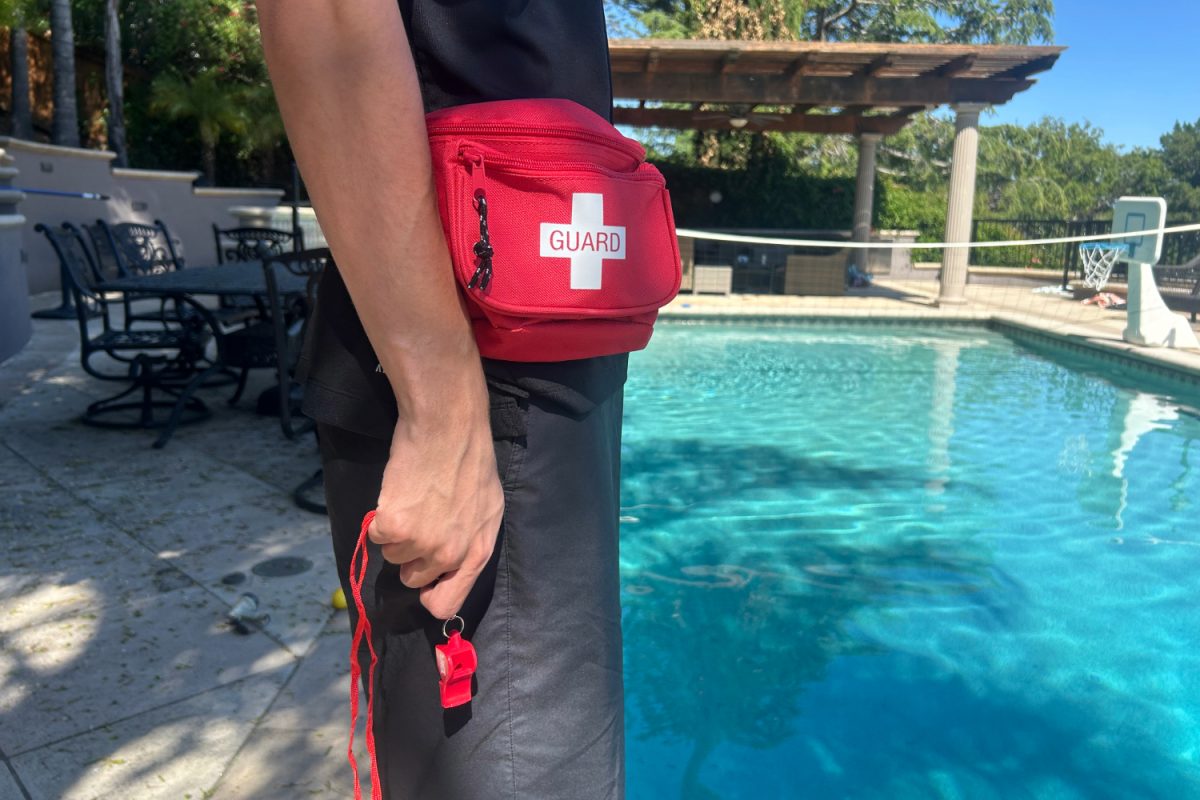
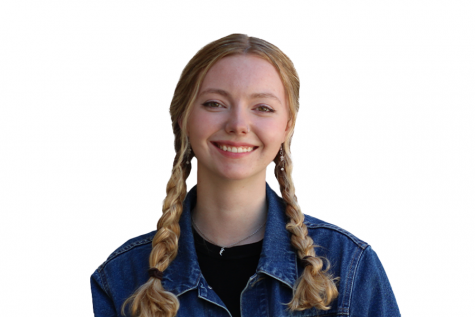

Deborah Osterberg • Dec 6, 2019 at 8:08 am
This is such an informative and well-written piece, chock-full of great guidance for these challenging times! I wish I’d had this in Grad school! Thank you, Leanna, for your thoughtfully written article. You’ve a career in journalism!